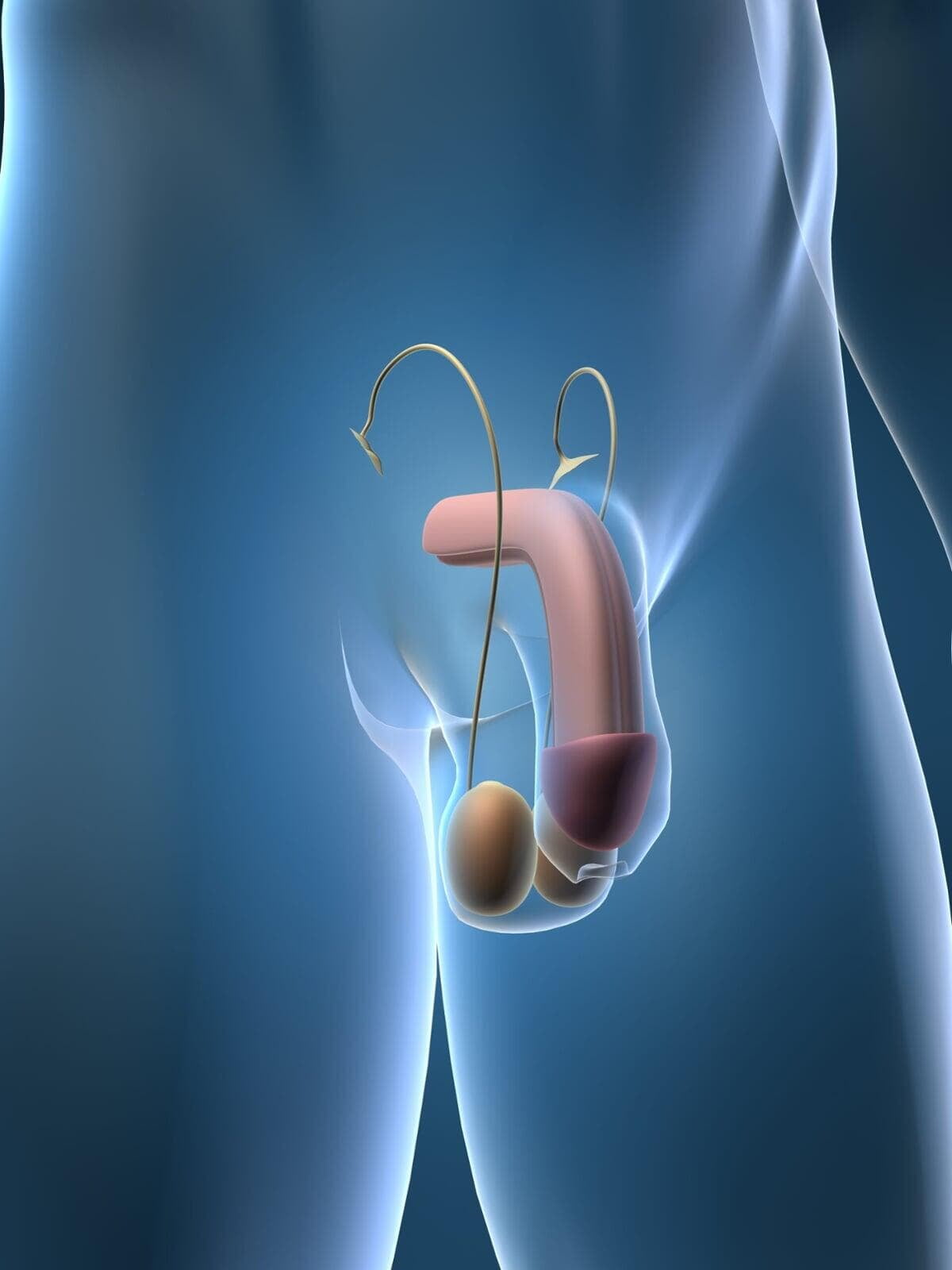Causes, Symptoms, and Treatment Options
Causes, Symptoms, and Treatment Options

Introduction: Hard flaccid syndrome is a complex and often misunderstood condition characterized by persistent penile firmness accompanied by flaccidity. While relatively rare, hard flaccid syndrome can significantly impact both physical and psychological well-being. In this post, we'll delve into the intricacies of hard flaccid syndrome, shedding light on its causes, symptoms, and available treatment options.
What is Hard Flaccid Syndrome? Hard flaccid syndrome is a term used to describe a condition where the penis remains rigid or firm despite being in a flaccid state. This phenomenon is often accompanied by symptoms such as penile discomfort, pain, numbness, reduced sensitivity, and difficulty achieving or maintaining erections. While the exact cause of hard flaccid syndrome remains unclear, it is believed to involve a combination of physiological, psychological, and neurogenic factors.
Causes of Hard Flaccid Syndrome: The underlying causes of hard flaccid syndrome can vary and may include:
1. Pelvic Floor Dysfunction: Dysfunction or hypertonicity of the pelvic floor muscles can lead to increased tension and reduced blood flow to the pelvic region, contributing to penile rigidity and discomfort.
2. Chronic Pelvic Pain: Conditions such as chronic pelvic pain syndrome (CPPS) or pelvic floor dysfunction can manifest as hard flaccid syndrome due to the interconnectedness of pelvic floor muscles and penile function.
3. Psychological Factors: Stress, anxiety, depression, or past traumatic experiences can exacerbate symptoms of hard flaccid syndrome by triggering muscle tension and affecting sexual arousal pathways.
4. Neurological Conditions: Nerve damage or dysfunction in the pelvic region, such as pudendal neuralgia or nerve entrapment, may disrupt normal penile function and contribute to persistent rigidity.
Symptoms of Hard Flaccid Syndrome: Individuals with hard flaccid syndrome may experience a range of symptoms, including:
- Persistent penile rigidity despite being in a flaccid state
- Penile discomfort or pain, often described as aching or burning sensations
- Decreased penile sensitivity or numbness
- Difficulty achieving or maintaining erections
- Pain or discomfort during sexual activity or ejaculation
- Psychological distress, including anxiety or depression related to sexual function
Treatment Options for Hard Flaccid Syndrome: Treatment for hard flaccid syndrome typically involves a multidisciplinary approach aimed at addressing both physical and psychological components of the condition. Here are some common treatment options:
1. Pelvic Floor Physical Therapy: Pelvic floor exercises, manual therapy techniques, and biofeedback can help alleviate pelvic floor muscle tension and improve blood flow to the pelvic region.
2. Stress Management and Psychological Support: Cognitive-behavioral therapy (CBT), relaxation techniques, and counseling can help individuals manage stress, anxiety, or depression associated with hard flaccid syndrome.
3. Medications: In some cases, medications such as muscle relaxants, pain relievers, or antidepressants may be prescribed to alleviate symptoms and improve overall well-being.
4. Lifestyle Modifications: Adopting healthy lifestyle habits such as regular exercise, balanced nutrition, adequate sleep, and stress reduction techniques can support pelvic floor health and improve symptom management.
Conclusion: Hard flaccid syndrome is a challenging condition that can have profound effects on sexual function and quality of life. By understanding the underlying causes, recognizing common symptoms, and exploring available treatment options, individuals affected by hard flaccid syndrome can take proactive steps towards recovery and regain control over their sexual health and well-being. If you suspect you may be experiencing hard flaccid syndrome, it's essential to consult with a healthcare professional for proper diagnosis and personalized treatment recommendations.


